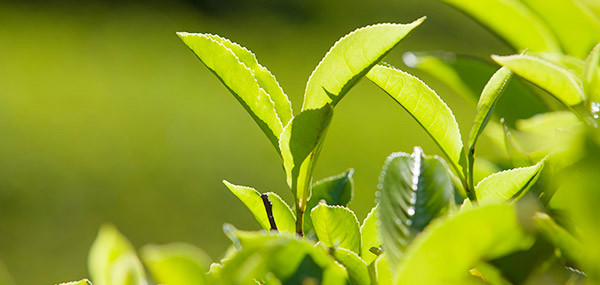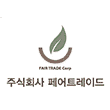- You are here :
- Home
- Farmers and Workers
- Tea
Tea

ABOUT TEA
Tea is grown on small plots of farmland owned by individual farmers but is mainly grown on large estates growing acres of tea.
Why do smallholder tea growers need support?
Small-scale tea growers produce most of the tea in countries such as Kenya and Sri Lanka, but receive low and fluctuating prices for their produce and are the most vulnerable in supply chains controlled by large companies. Increasing supply chain pressures to reduce tea prices are often passed onto them, reducing already-low incomes and pushing them into further poverty. Tea growers earn a fraction of the price tea fetches on the international market and in shops around the world.
Smallholder farmers face additional challenges as they have to compete with plantation tea. Tea factories and plantations, to whom farmers sell their green leaf tea, pay lower prices to smallholders because their tea may be of lower quality, and because they have additional information on market prices that farmers lack. Smallholders may also lack the necessary agricultural inputs, such as fertilizers or irrigation, to make farm improvements to improve quality and productivity.
The challenge of securing higher prices for farmers is significant given how pricing works in the tea industry. Tea is unusual among agricultural commodities in that it is sold through auction centres around the world (around 70% of the world’s tea is traded through auctions). Unlike coffee and cocoa, there is no futures market for tea. Although the system appears to be a fair market in which prices are determined solely by supply and demand, a small number of companies dominate sales at each auction. The large companies have such purchasing power that they can often influence the demand, and thus price, of particular qualities and types of tea. Brokers and buyers have sometimes colluded to influence prices, lowering the price received by producers; in 2005, the situation became so bad in Kenya that the National Chamber of Commerce called, unsuccessfully, for the elimination of tea auctions. What this means is that middlemen can take a large slice of the price paid by the factory for the growers’ tea.
What about tea pickers and workers?
Globally, most tea is grown on commercial plantations, also known as estates or tea gardens, that employ workers to pluck leaves, fertilise, weed and prune tea bushes and maintain the huge tea estates. Most estates also operate their own tea factory where more workers are employed to process green leaf into ‘made’ tea. Wages on tea plantations are notoriously low, usually around the national legal minimum but rarely constituting a decent, living wage, and often providing too little to feed families adequately. Many workers lack job security or representation by trustworthy, effective and independent trade unions.
Tea is a very labour-intensive product to grow: labour costs account for around half the costs of production, and 75 per cent of those are the cost of plucking. ‘Pluckers’ undertake physically demanding tasks, often enduring back pains as well as exposure to pesticides and extremes of weather. Discrimination and the sexual harassment of women workers, who often comprise the majority of plantation workers, are widespread, and women often work longer hours for lower wages than men.
Workers in the tea sector, much like in other sectors dominated by plantations, have little power to voice their opinion to estate management or negotiate for higher wages and better working conditions. This imbalance in power between workers and management has left workers in successive cycles of poverty, given the limited alternative employment options in these countries.
How does Fairtrade support tea growers and workers?
Fairtrade works with both small-scale tea farmers and workers on tea plantations. There are currently 240,800 tea farmers and 123,400 tea workers participating in Fairtrade. Fairtrade Standards are designed to improve employment conditions and protect the rights of workers on plantations and to support members of smallholder organisations in gaining more control within the tea supply chains and increase their incomes.
Fairtrade Standards for tea act as a safety net against the unpredictable market, ensuring growers always get a price that covers their costs of production. Fairtrade producer organisations receive the Fairtrade Minimum Price which is origin-specific - currently $2.40/kg in Sri Lanka, $2.00-$2.20/kg in India and $1.70-$1.80/kg in Kenya - and a Fairtrade Premium of $0.50/kg of made tea, paid to the producer organisations for community and economic investment.
Fairtrade is also an active participant in industry initiatives such as Tea 2030, a global project to build a sustainable tea industry for the future, so that better wages become a commitment for everyone along the tea supply chain.
There are Fairtrade Tea suppliers in Korea. Click here to see the profiles.
Source Fairtrade tea directly from Fairtrade producers. Click here to learn more
































































